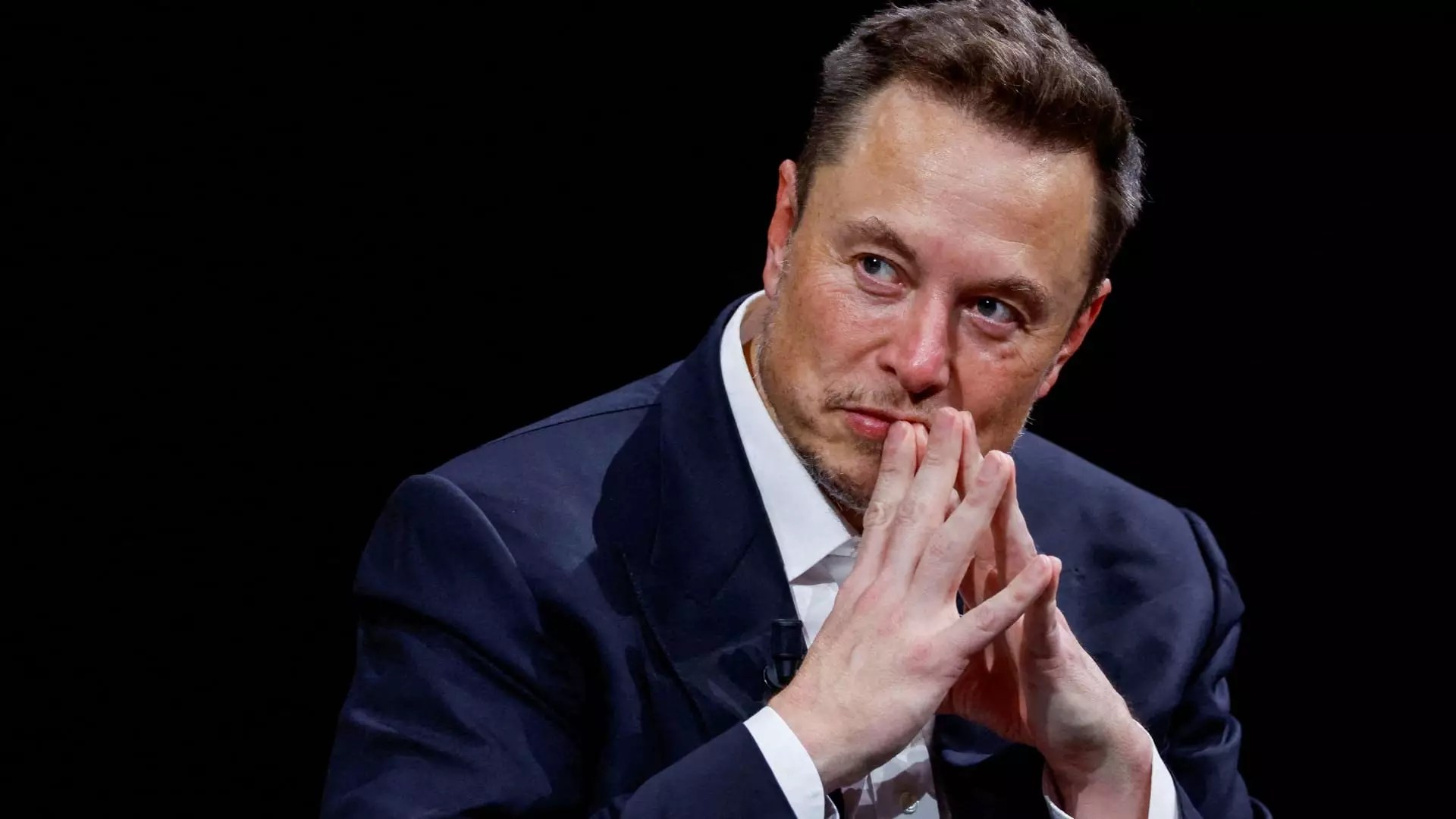Tesla’s recent decision to award Elon Musk an interim pay package totaling 96 million shares, valued at approximately $29 billion, exemplifies a disturbing trend in corporate governance where the interests of executives are prioritized over those of shareholders and the broader public. Such astronomical compensation packages not only fuel economic inequality but also raise questions about the company’s commitment to responsible leadership. When corporate boards allocate billions to a CEO, especially amid legal controversies and financial struggles, it signals a prioritization of personal gain over stakeholder trust and long-term sustainability. This move feels less like a reward for innovative leadership and more like a consolidation of personal power, setting a dangerous precedent for corporate accountability.
Questionable Legitimacy and Democratic Oversight
The legal battles surrounding Musk’s 2018 compensation plan cast a dark shadow over Tesla’s governance practices. A court ruling in Delaware found that shareholders were inadequately informed before approving the controversial plan, exposing a clear lapse in transparency—an essential pillar of corporate integrity. Musk’s subsequent campaigns against Delaware courts and his strategic relocation of Tesla’s incorporation to Texas suggest a dismissive attitude toward oversight and legal constraints. These actions undermine the democratic processes that are supposed to safeguard shareholder interests and ensure that executive compensation aligns with company performance and governance standards. Instead, they reveal Musk’s willingness to skirt legal boundaries to consolidate control and secure personal benefits, at a time when the company faces mounting financial challenges and public skepticism.
The Concentration of Power and Its Ethical Dilemmas
Musk’s ownership of roughly 13% of Tesla shares grants him significant influence, but his push for even greater voting control—claiming he needs to wield approximately 25%—raises serious concerns about corporate democracy. Concentrating power in the hands of a single individual diminishes checks and balances, threatening the company’s ability to operate transparently and ethically. Musk’s involvement in ventures like the secretive AI startup xAI, which remains undisclosed to shareholders, further complicates this narrative; it hints at potential conflicts of interest and a desire to sideline shareholder oversight. A responsible leader should prioritize fair governance, but Musk’s actions suggest a reckless pursuit of centralized authority, risking the company’s stability and reputation.
Risks Associated With Political and Personal Ventures
Musk’s entanglement with political activities, such as helping to reelect Donald Trump and working within government agencies, reflects a disturbing blend of corporate and personal ambition that can undermine corporate neutrality. His political endorsements and involvement in government initiatives have fostered consumer backlash, damaged Tesla’s brand equity in key markets, and hampered its sales. When corporate leaders mix political pursuits with their business interests, they risk alienating wide segments of consumers and shareholders who expect impartiality. Musk’s recent shift toward forming a new political party only exacerbates this issue, signaling a departure from the centrist liberal values that could, if wielded responsibly, foster more balanced and inclusive policies. Instead, these moves heighten the risk of political bias influencing company strategies and stakeholder trust.
The Broader Implications for Corporate Responsibility
Tesla’s recent financial struggles, including declining sales and diminishing EV tax credits, highlight how excess executive compensation at a time of crisis does not serve shareholders or the public interest. Musk’s focus on personal power, political gamesmanship, and expanding his empire into AI and robotics demonstrates a reckless prioritization of personal legacy over the long-term health of Tesla. Such behavior fuels public skepticism about corporate responsibility and raises urgent questions about whether the current model incentivizes sustainable growth or simply entrenches individual autocrats. In a society increasingly demanding accountability, Tesla’s leadership choices evoke a troubling image of corporate governance: one where power and profit are valued far above ethical considerations and stakeholder engagement.

